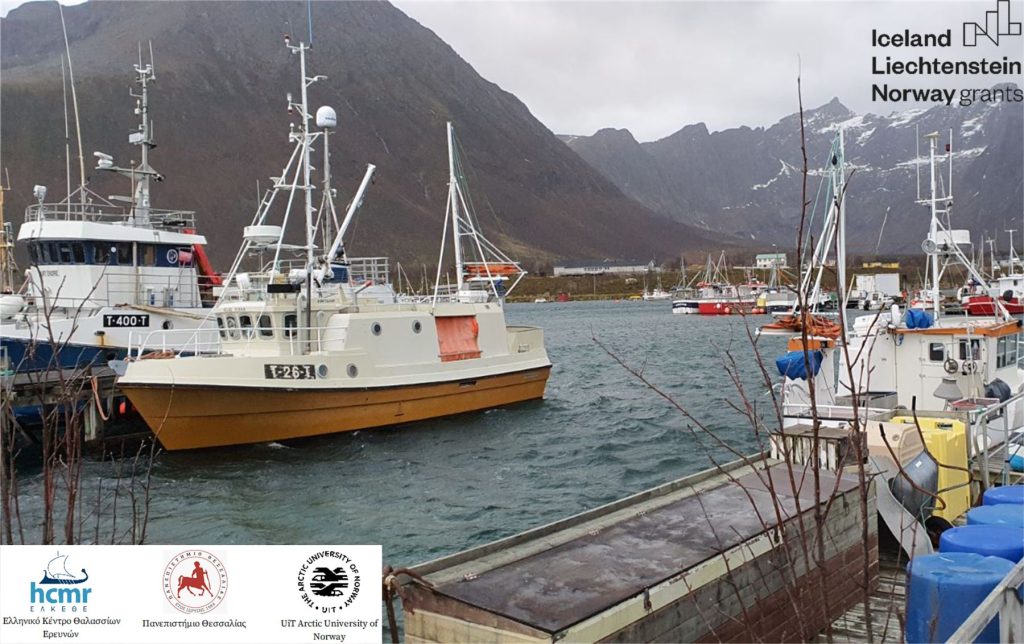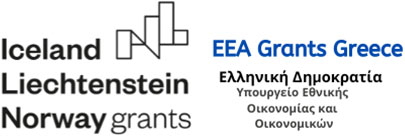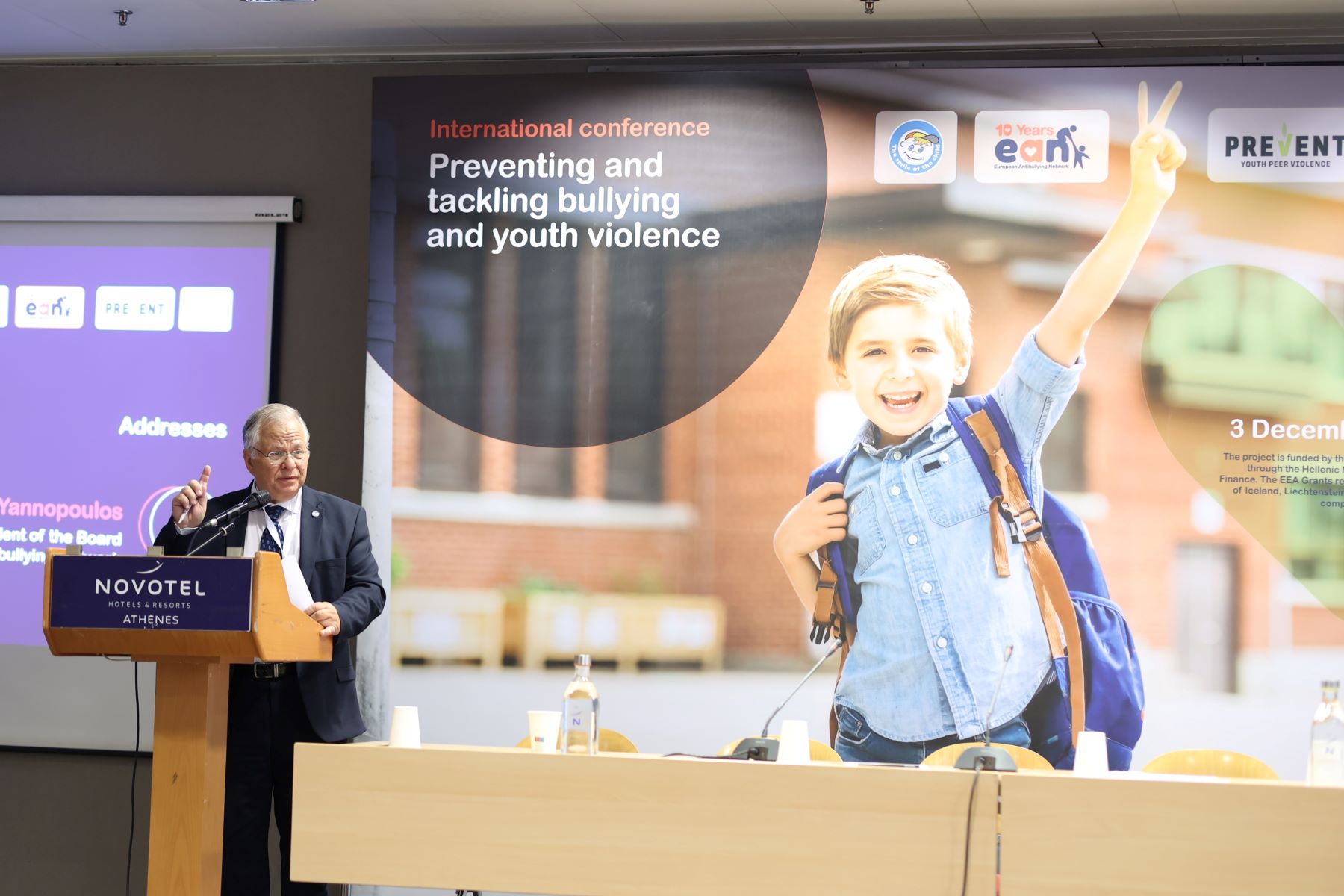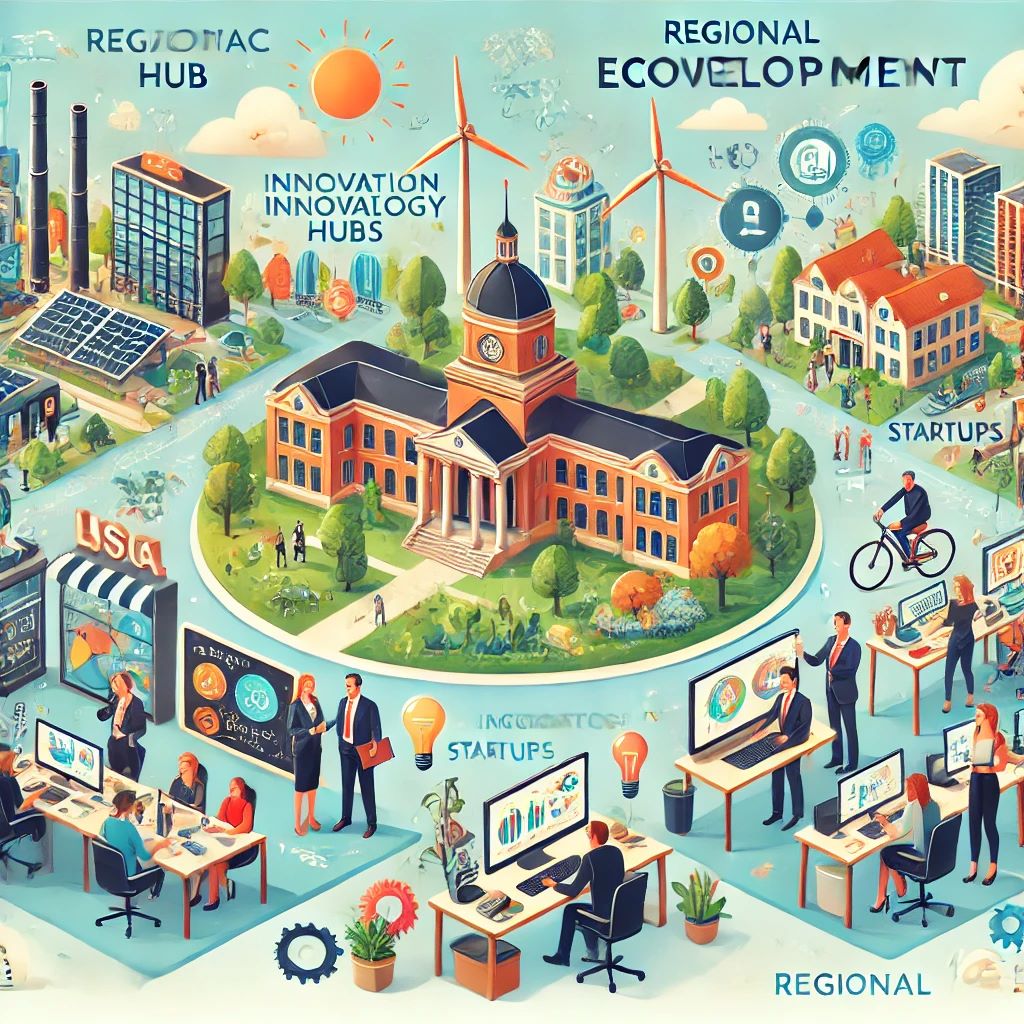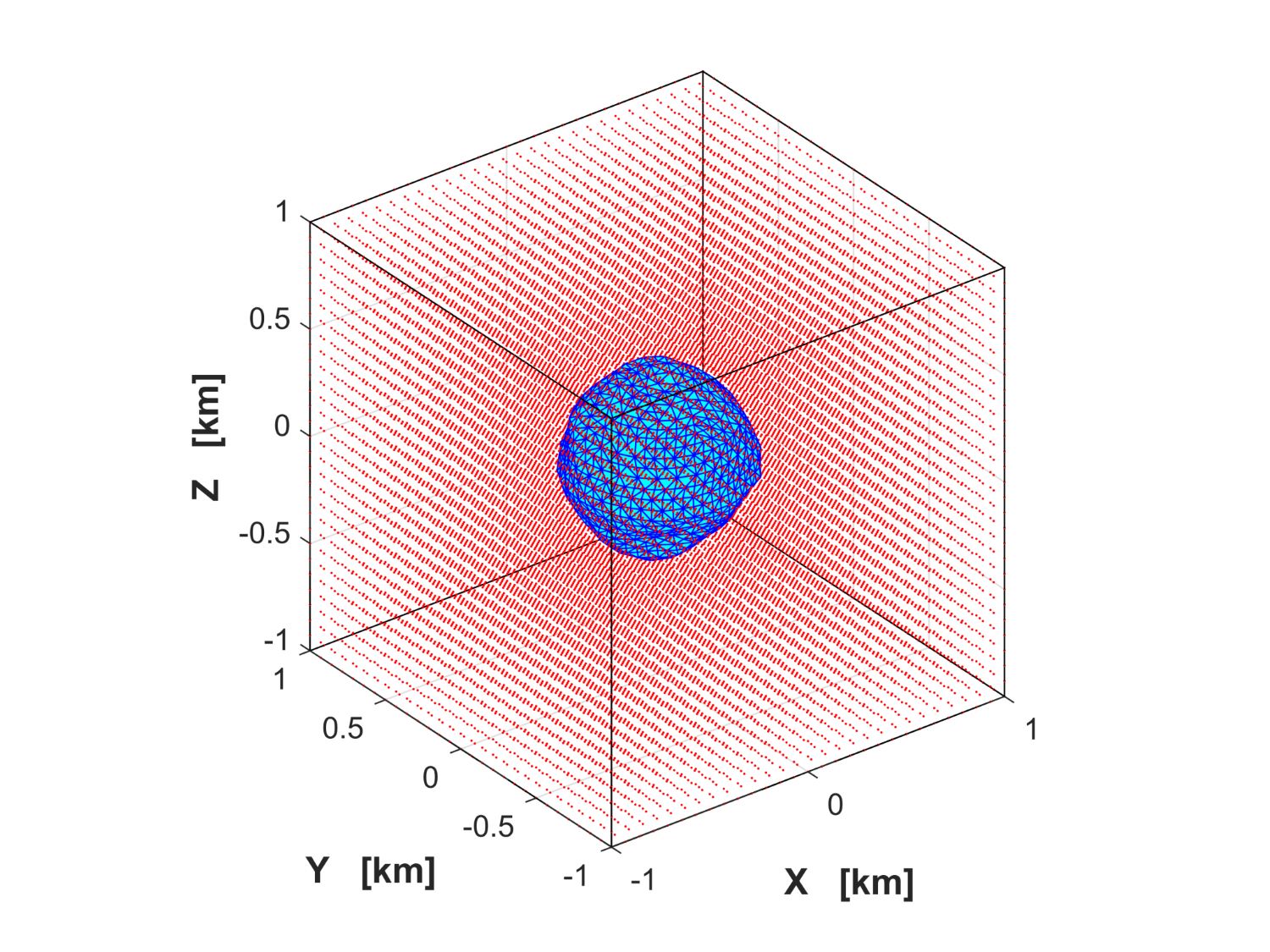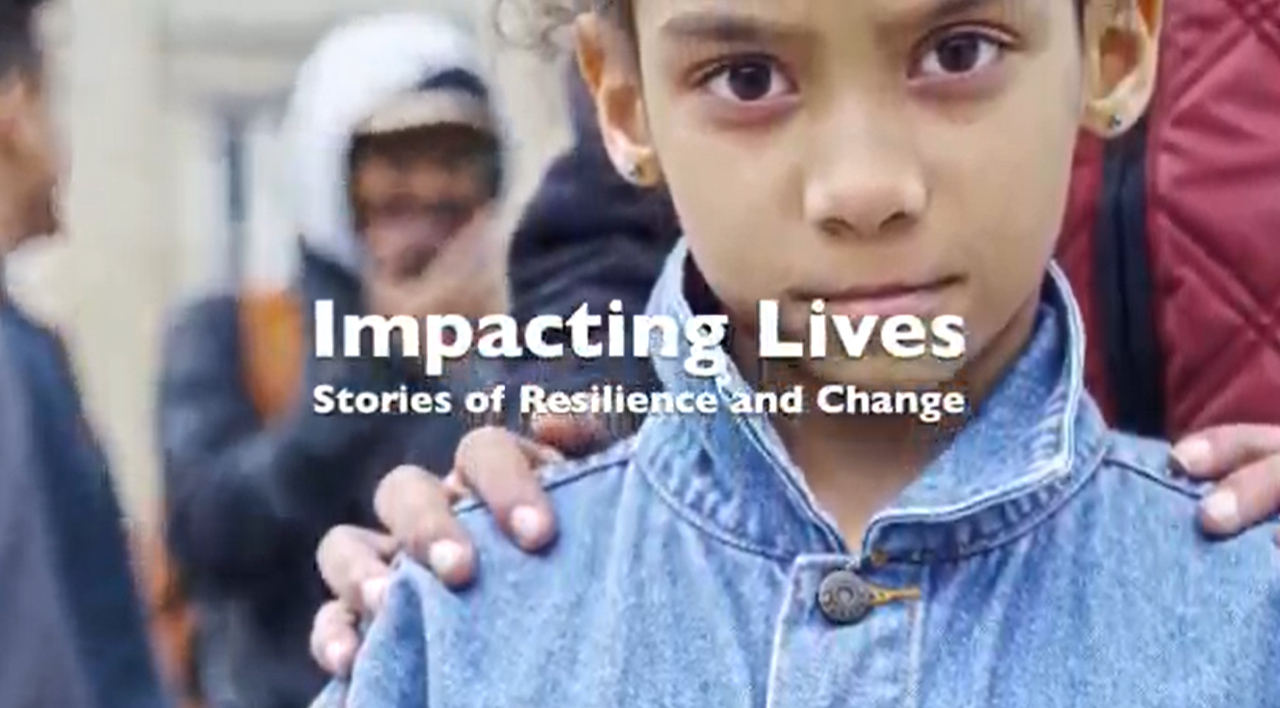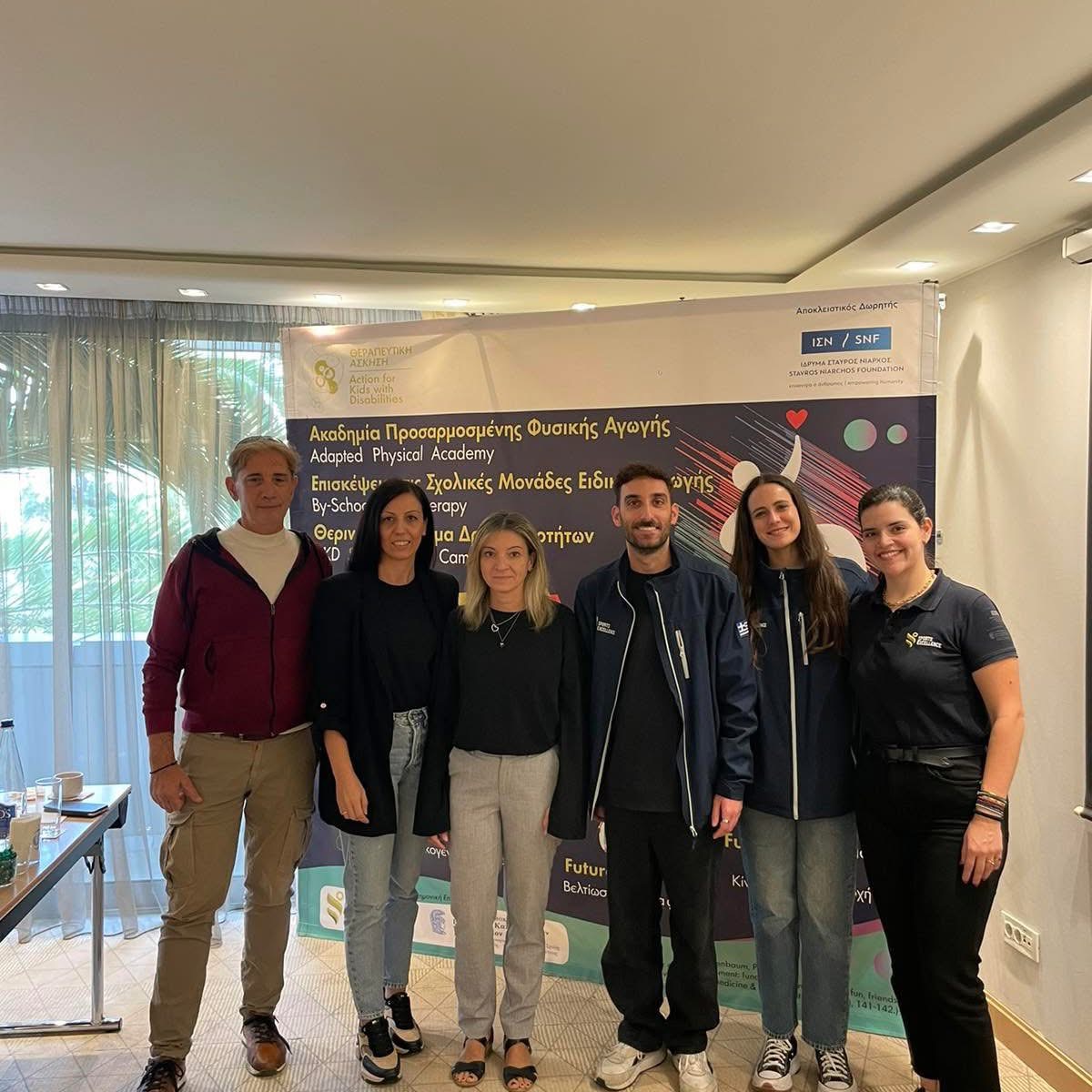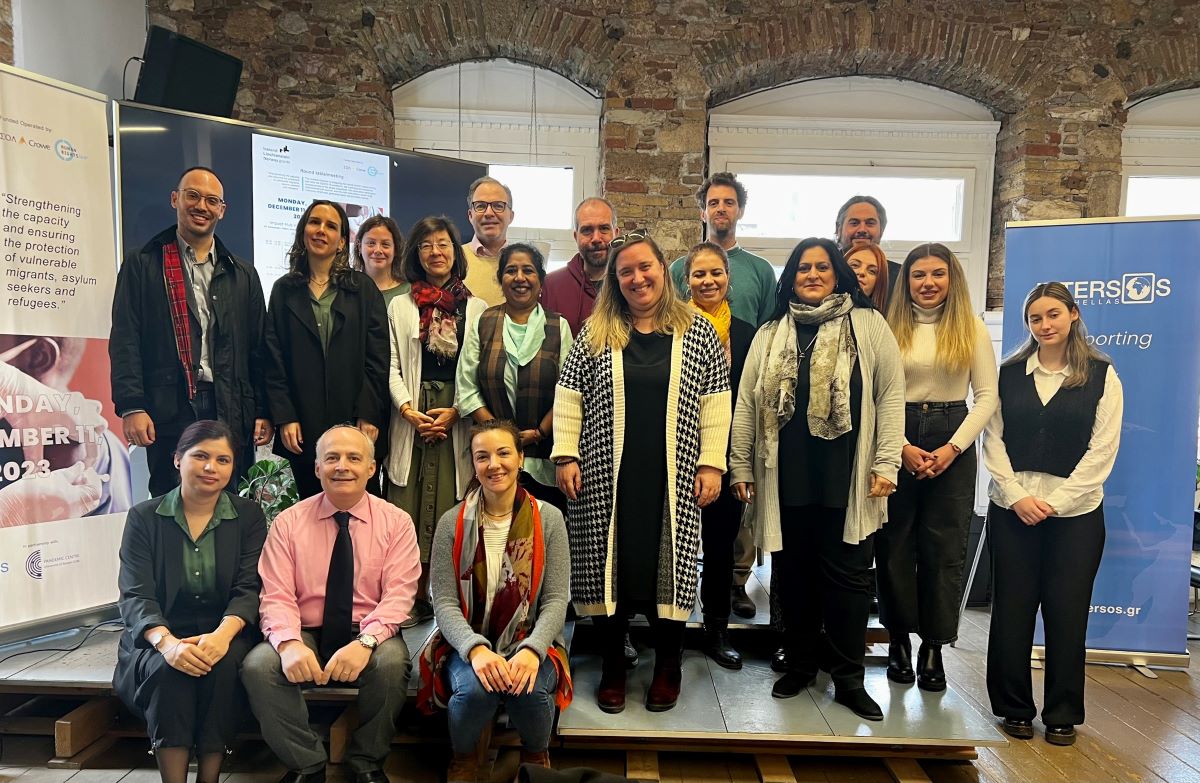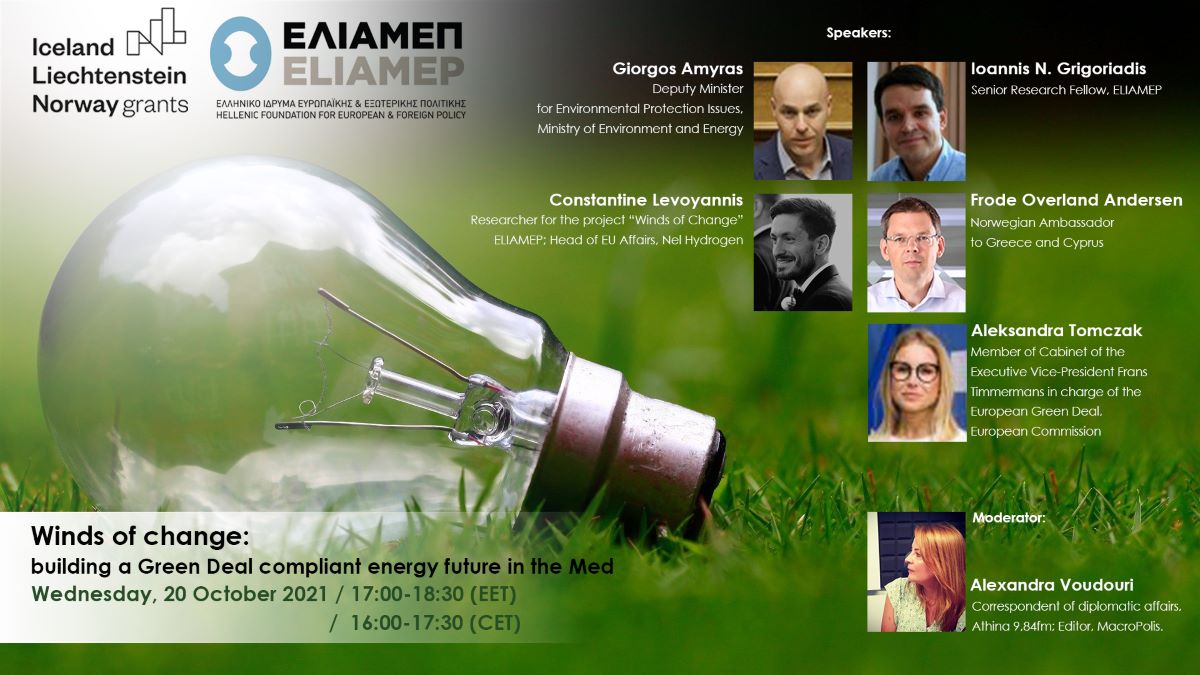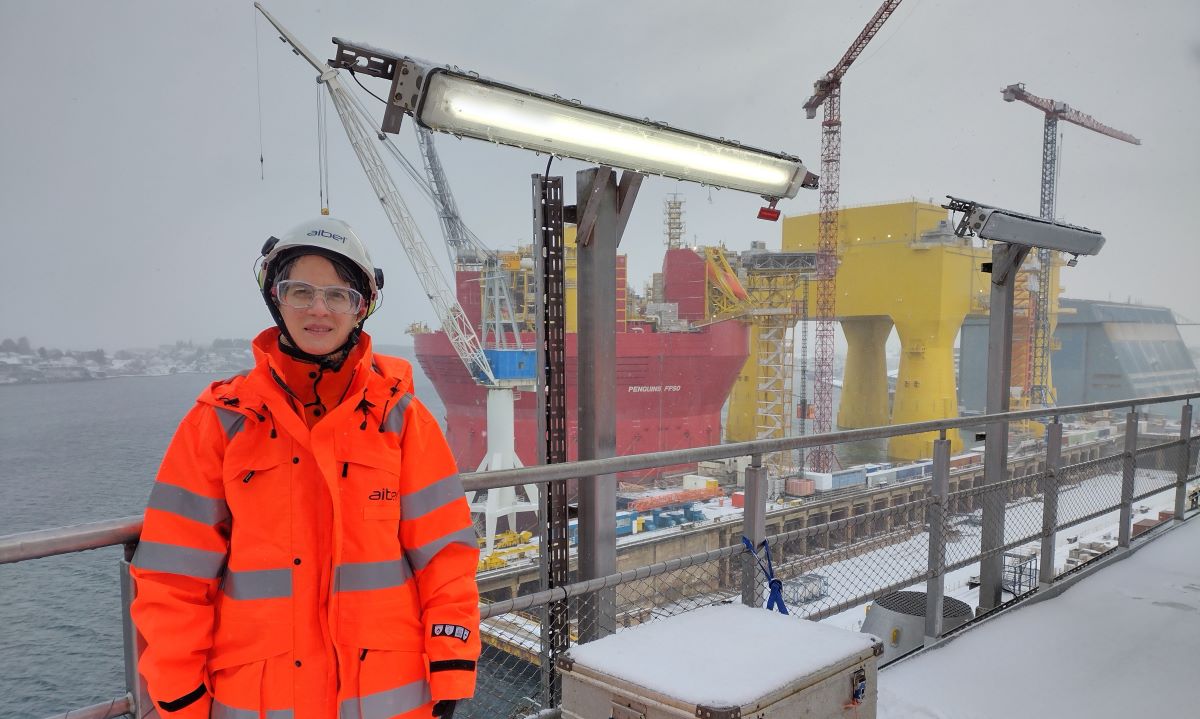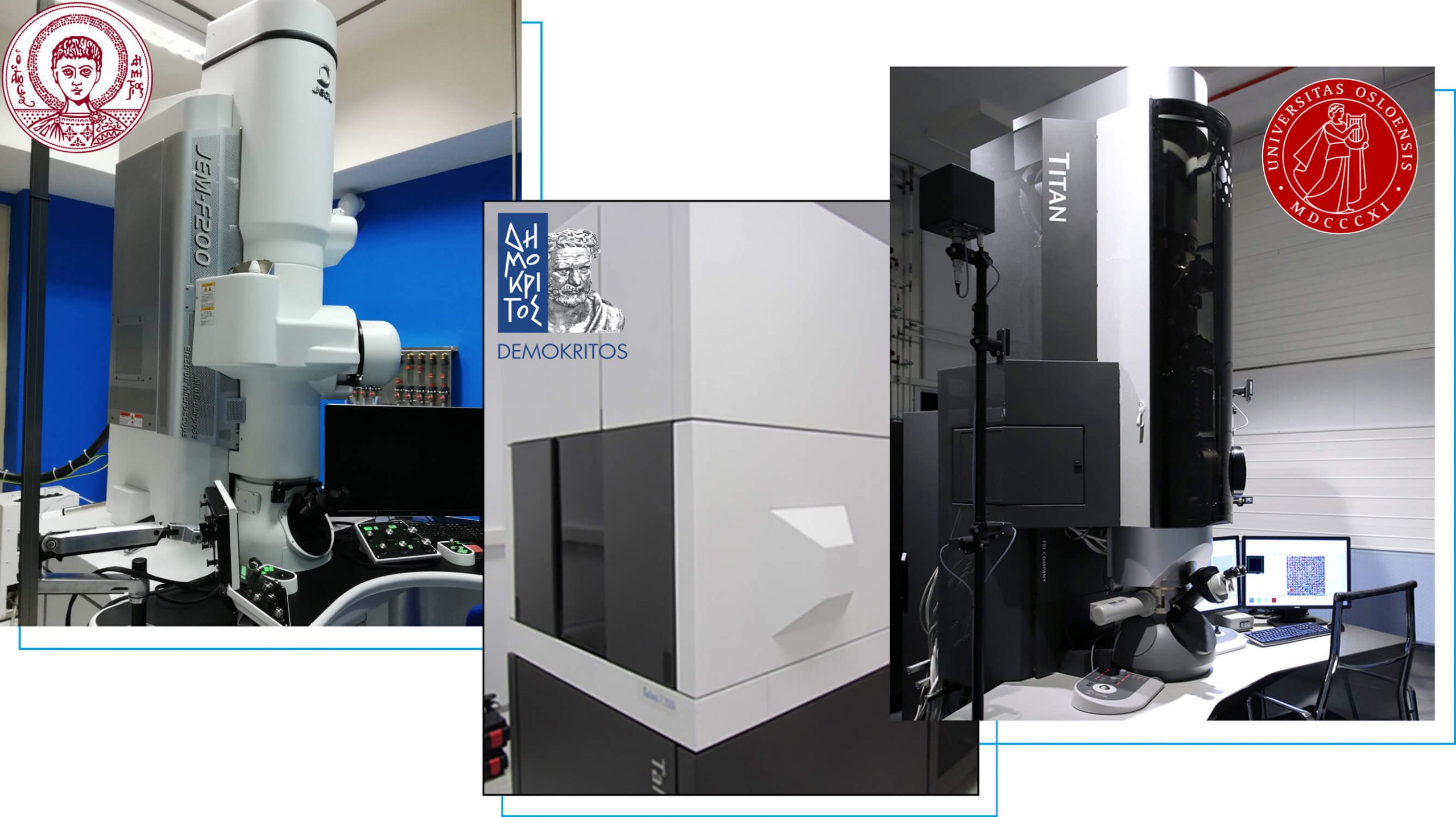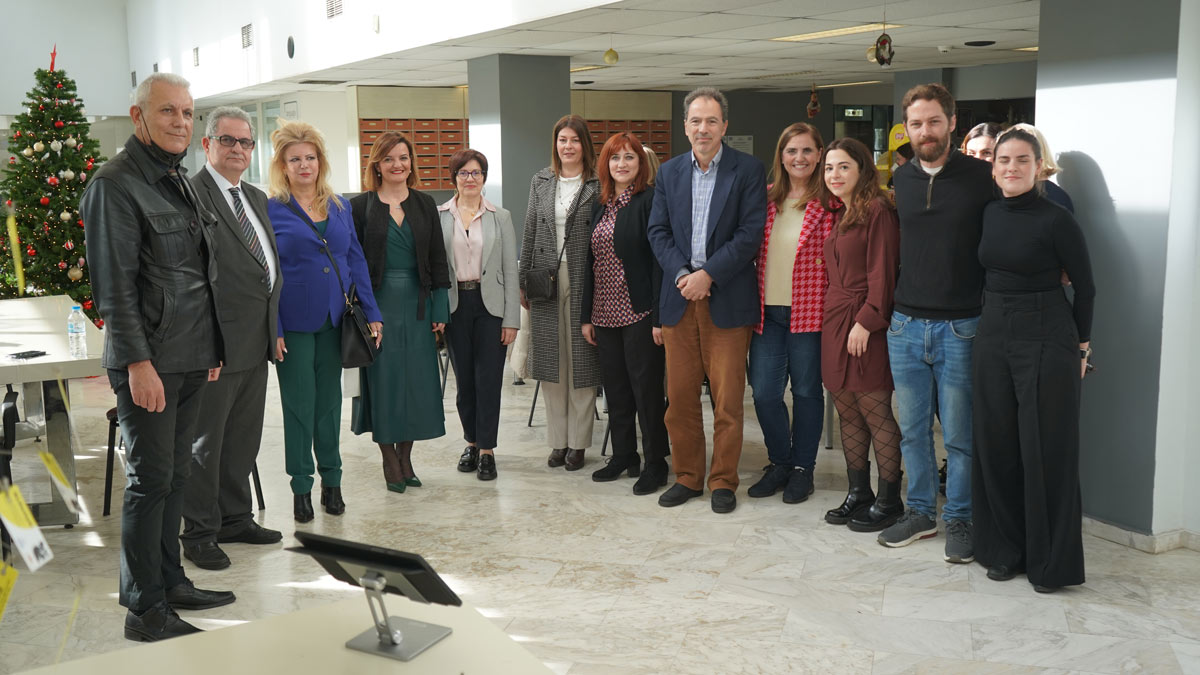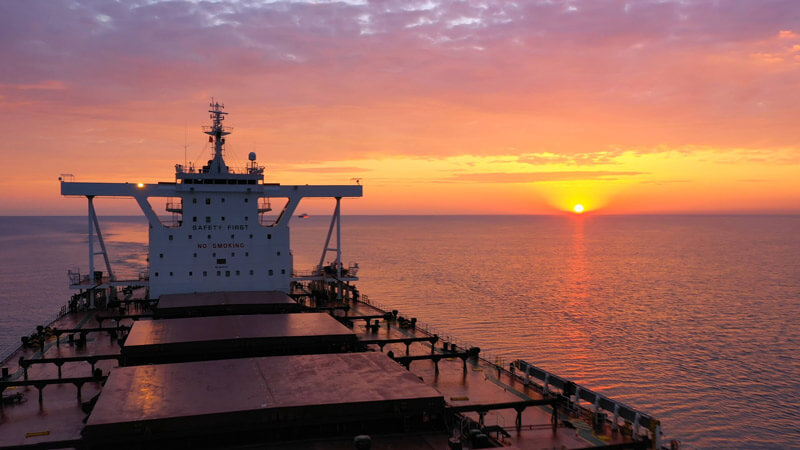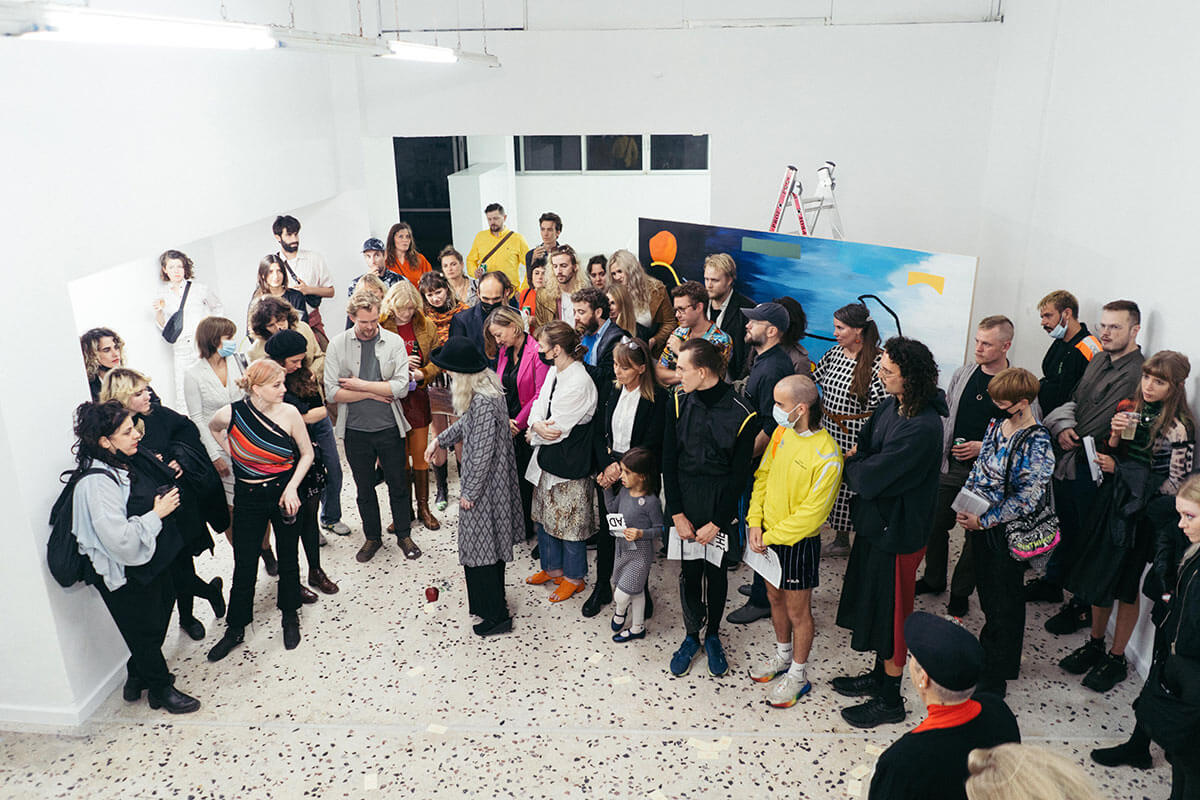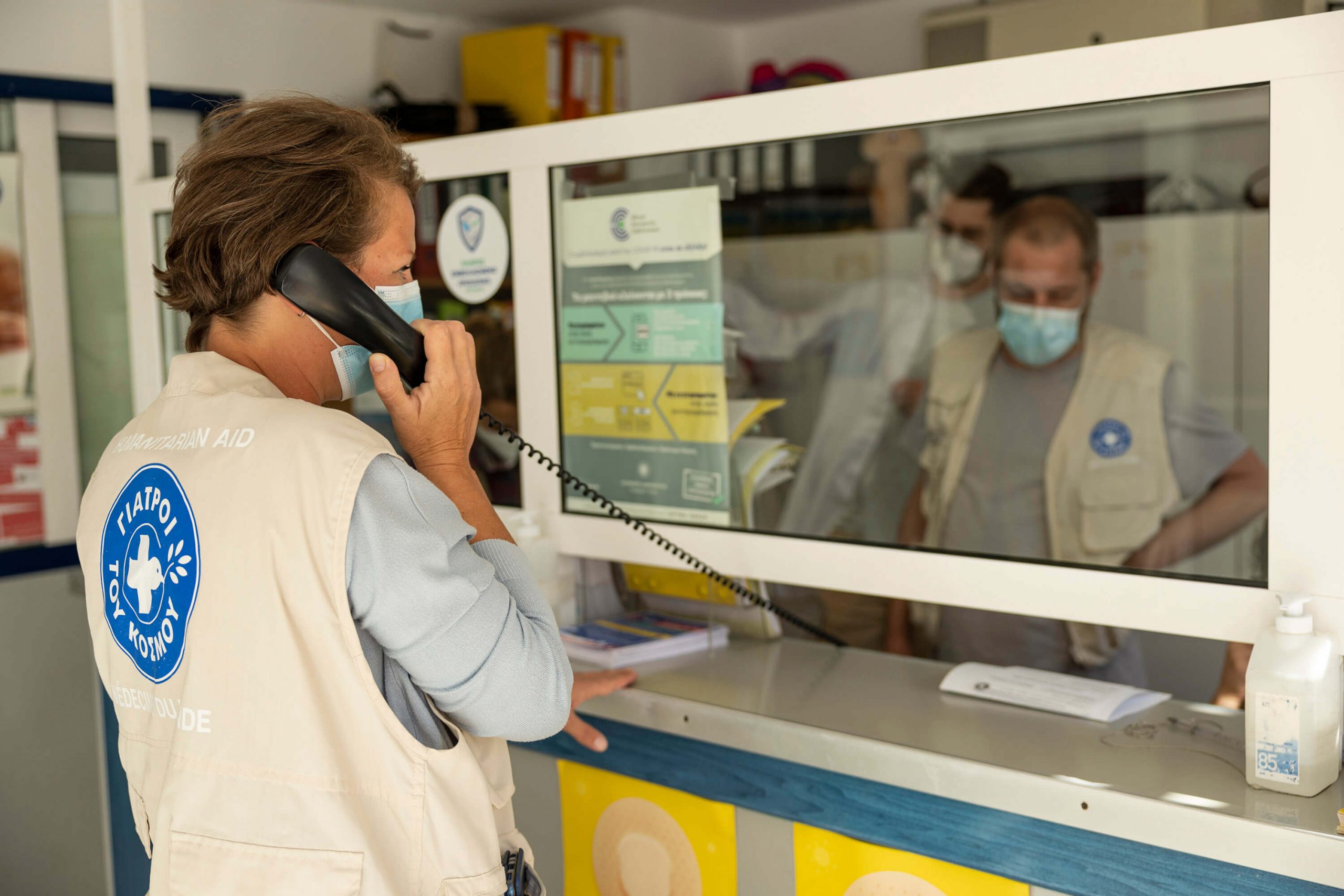The industrial sector is a key driver of economic growth and development in the European Union (EU) and worldwide. However, industrial activities significantly contribute to greenhouse gas emissions, exacerbating climate change. To address this, decarbonizing industry in the EU has become an urgent priority. The EU’s commitment to achieving net-zero emissions by 2050, as outlined in the 2020 Paris Agreement, underscores the need for low-emission technologies and sustainable production processes to reduce both carbon footprints and operational costs.
One of the industrial activities with a significant environmental impact is industrial fishing using trawls. Among the top ten global greenhouse gas emitters in this sector, eight European countries—Italy, the UK, Denmark, France, the Netherlands, Norway, Croatia, and Spain—collectively produce 288 million tons of CO₂ annually.
A Collaborative Initiative for Sustainable Fishing
Against this backdrop, the Hellenic Centre for Marine Research (HCMR), the University of Thessaly’s Department of Agriculture, Ichthyology & Aquatic Environment, and the UIT Arctic University of Norway have formed a strategic partnership to foster collaboration in trawl fishing, fishing gear technology, and sustainable material development. The goal is to establish a strong research network that will support both ongoing and future projects from 2025 onwards.
Key Activities and Achievements
The project’s main activities included:
- Exchange visits between Greece and Norway, allowing research teams to explore local infrastructures.
- Lectures and knowledge sharing with students, fishermen, and industry administrators.
- Discussions with trawlers and fishing industry stakeholders to assess challenges and opportunities in sustainable fishing practices.
This collaboration lays the foundation for advancing research and innovation in the fishing industry, promoting environmentally friendly technologies, and contributing to the EU’s broader decarbonization efforts.
The project was financed by the EEA “Bilateral Relations” 2014-2021 with a budget of 79827.50€.
